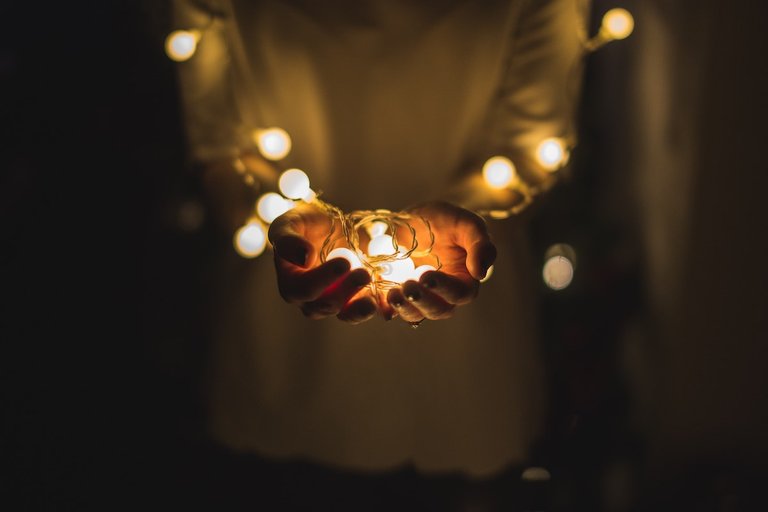Dreams have fascinated humanity for thousands of years. From ancient civilizations to modern times, people have been trying to understand the meaning and purpose of dreams. In this article, we will take a closer look at the history of dreams and how different cultures and societies have interpreted and used them.
The ancient Egyptians believed that dreams were messages from the gods. They would often consult with dream interpreters, known as "oneiromancers," to understand the meaning of their dreams. The ancient Greeks also believed that dreams were divine messages, and they would often consult with the Oracle of Delphi to interpret their dreams.
In ancient China, dreams were seen as a way to communicate with the deceased. The Chinese would often visit graves and tell their dreams to the deceased, believing that they would receive guidance and wisdom in return. Similarly, in ancient India, dreams were seen as a way to communicate with the spirit world. The Hindus believed that dreams were messages from the gods, and they would often consult with priests and holy men to interpret their dreams.
During the Middle Ages, the Catholic Church held a great deal of influence over people's understanding of dreams. The Church believed that dreams were a way for people to communicate with God, and they would often use dreams to guide religious teachings. However, the Church also believed that dreams could be the work of the devil, and they would often interpret dreams as a way to identify witches and heretics.
In the 19th century, Sigmund Freud and Carl Jung developed the field of psychoanalysis, which revolutionized the way people understood dreams. Freud believed that dreams were a way for people to express their unconscious desires, while Jung believed that dreams were a way for people to access the collective unconscious. This view of dreams as a window into the unconscious mind continues to be influential today.
In the 20th century, scientific research on dreams began to flourish. Researchers discovered that the brain is active during sleep and that there are different stages of sleep. They also discovered that people dream during the rapid eye movement (REM) stage of sleep, and that the content of dreams can vary depending on the stage of sleep.
Today, scientists continue to study the nature of dreams and their potential benefits. Research has shown that dreams can help people process and make sense of their experiences, and that lucid dreaming, in which a person is aware that they are dreaming and can control their dream, can be used for problem-solving and self-reflection.
In conclusion, dreams have been a source of fascination for humanity for thousands of years. Different cultures and societies have interpreted and used dreams in unique ways, from ancient Egyptians consulting with dream interpreters to modern scientists studying the potential benefits of lucid dreaming. Today, we continue to explore the mysteries of dreams and the potential they hold for understanding the human mind.

Congratulations @andresicvit! You have completed the following achievement on the Hive blockchain And have been rewarded with New badge(s)
Your next target is to reach 50 posts.
You can view your badges on your board and compare yourself to others in the Ranking
If you no longer want to receive notifications, reply to this comment with the word
STOPTo support your work, I also upvoted your post!
Check out our last posts:
Support the HiveBuzz project. Vote for our proposal!